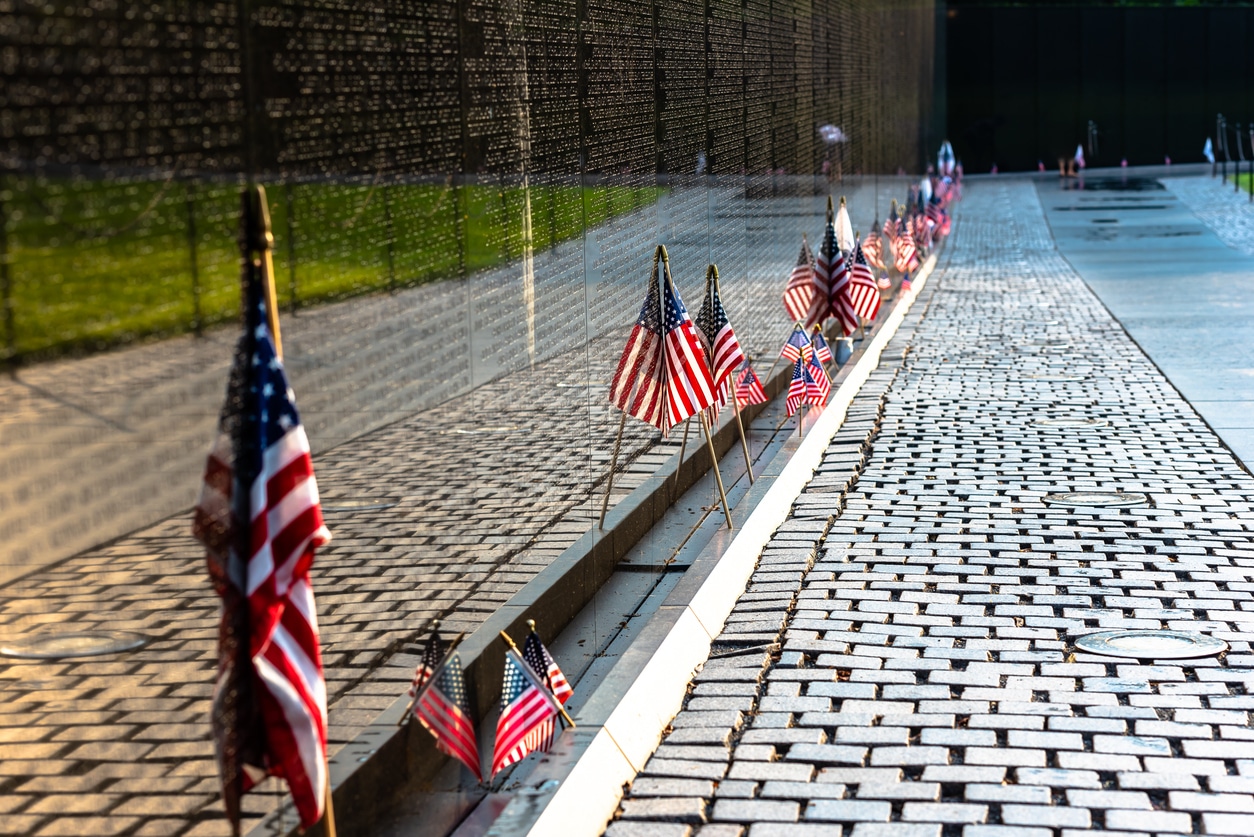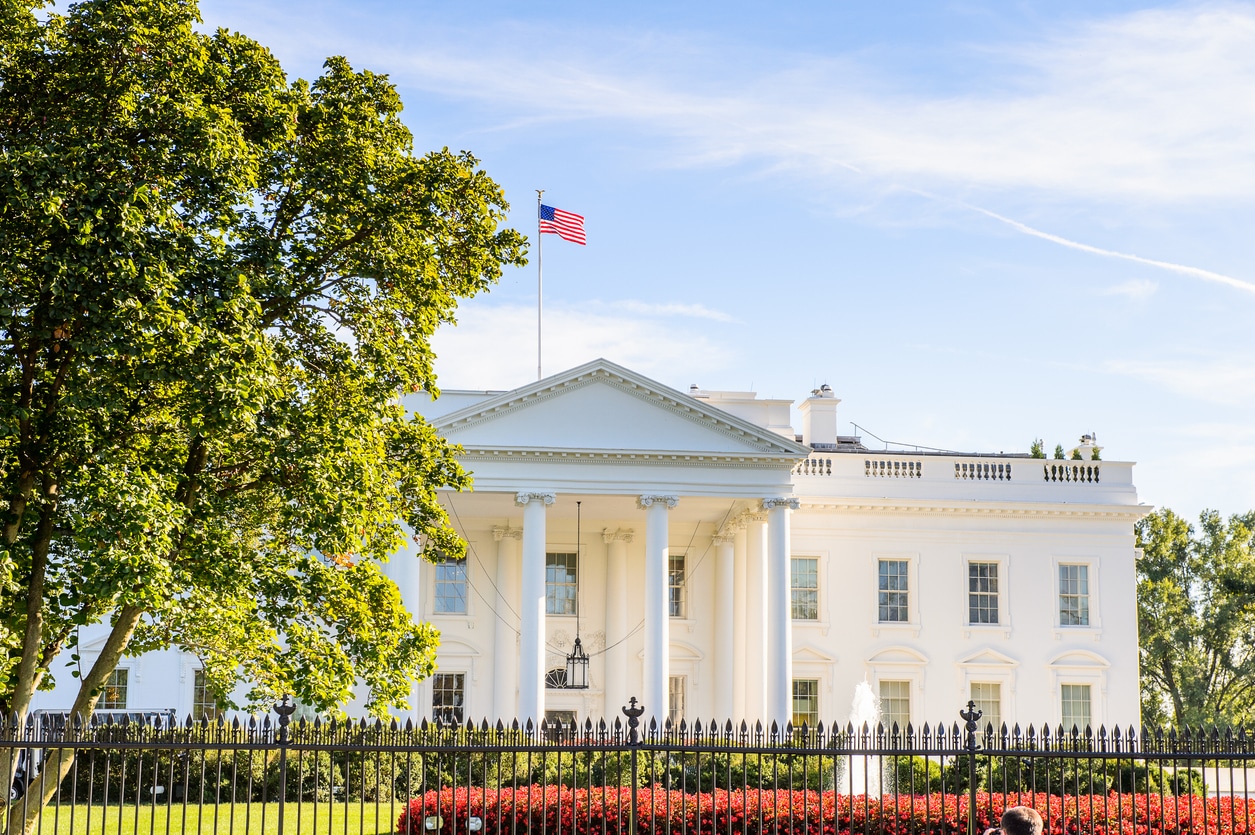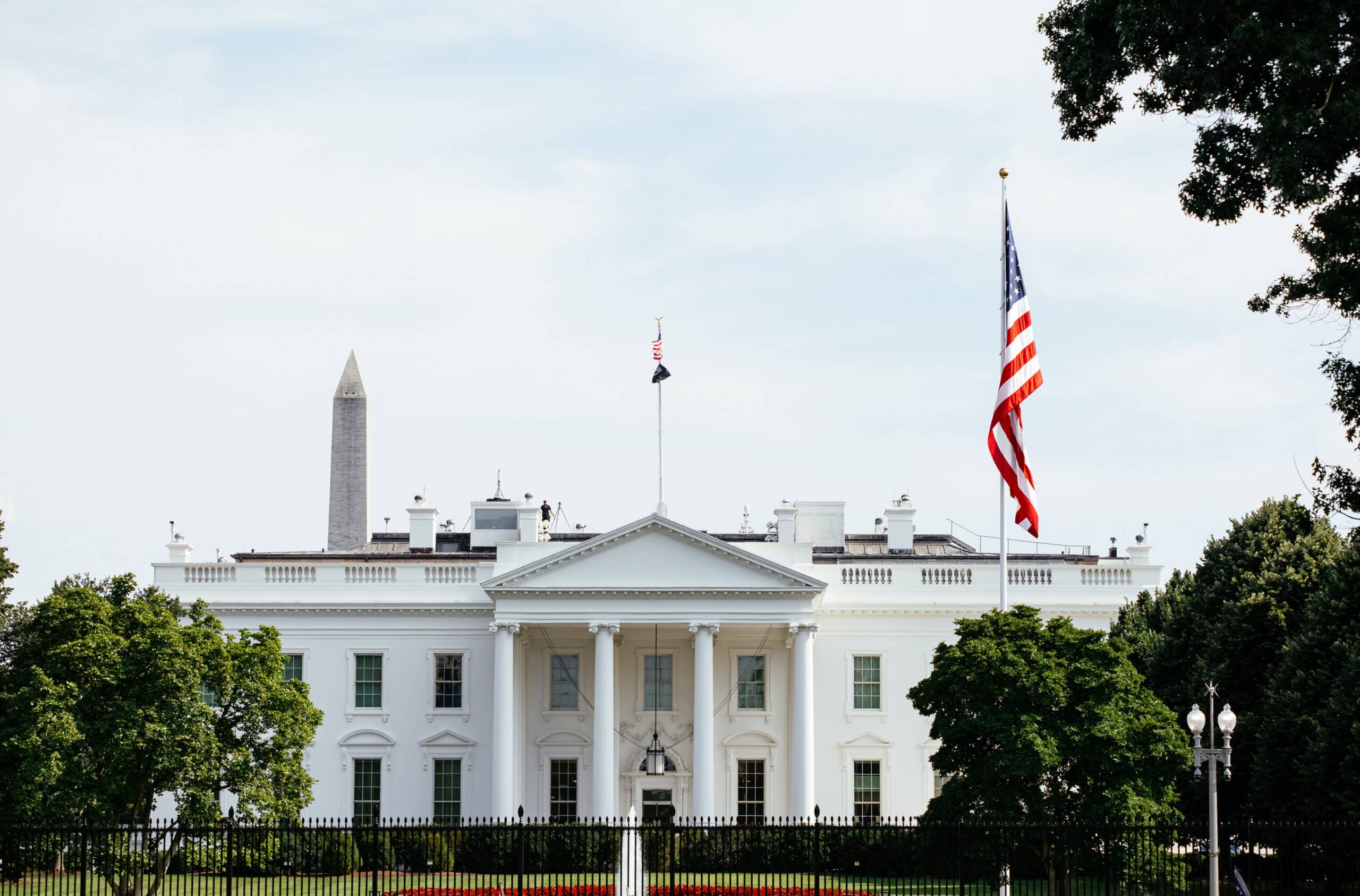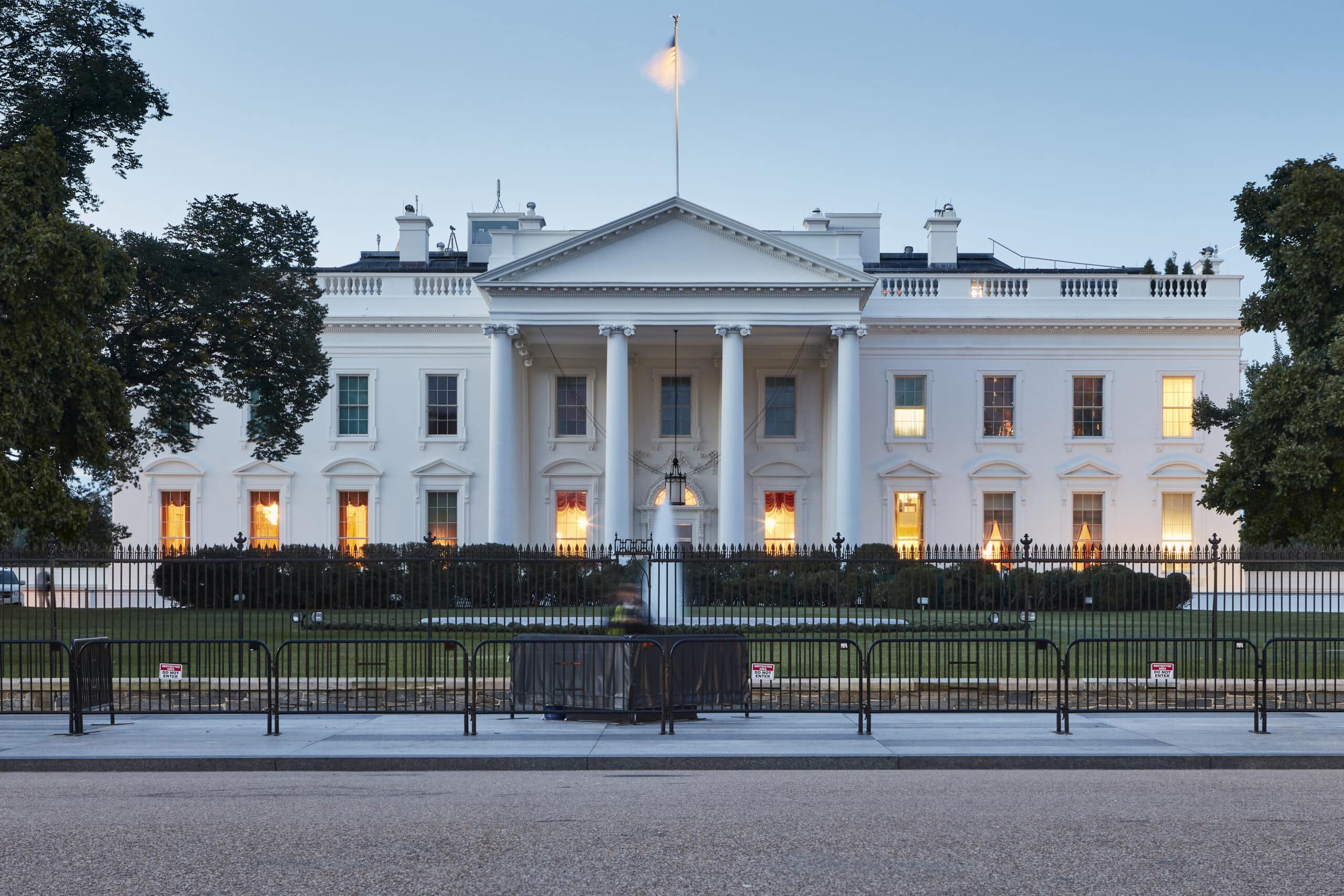Nexstar Media & Emerson College Polling Release Study for the 50th Anniversary of the Fall of Saigon
For the 50th anniversary of the fall of Saigon, which marked the end of a decades-long war in Vietnam, Nexstar Media and Emerson College Polling conducted an extensive survey of U.S. adults and an oversample of Vietnam veterans, to better understand how those in the U.S. perceive the war and its impact 50 years later.
A plurality of U.S. adults (44%) think the war in Vietnam was not justified, while 29% think the war was justified. This is the lowest perceived justification of a War by the U.S. public from World War II to the Iraq War. Thirty-eight percent think the Iraq War was not justified, followed by the War in Afghanistan (35%), the Gulf War (26%), the Korean War (22%), and World War II (10%).
“Notably, 46% of Vietnam veterans think the Vietnam War was not justified, while 41% think it was justified,” Spencer Kimball, executive director of Emerson College Polling, said. “This was the only major conflict that Vietnam veterans found to be unjust. A majority of veterans think the U.S. should have stayed out of Vietnam, and veterans do not think the U.S. is more cautious as a result of the war, just 29% think the U.S. is more cautious about involvement as a result of the Vietnam War.”
When it comes to what the United States was fighting for in the Vietnam War, 50% of adults feel they have a clear view of what the U.S. was fighting for, and 50% do not. Among Vietnam veterans, 60% have a clear view of what they were fighting for, and 40% still do not.
A majority of adults (62%) think the United States should have stayed out of Vietnam, while 38% think the U.S. did the right thing in getting into the war.
The sentiment that the U.S. should have stayed out of Vietnam increases with lived experience and age:
Adults are split about whether American high school and college students are taught an accurate picture of the US’s role in the Vietnam War: 24% think they are taught a picture that is too positive, 21% too negative, 17% accurate, and 38% are unsure.
Among those who lived during the Vietnam War, 56% think President Lyndon Johnson often tried to mislead the people about the war, while 11% think the President was almost always truthful.
- Nearly 3 in 4 (74%) Vietnam veterans say President Johnson misled people about the war, while 10% say he was truthful.
A plurality of Americans (49%) think political divisions today are bigger than they were during the Vietnam War, 16% think they are smaller now, and 19% think they are about the same.
Regarding whether protests and demonstrations against the Vietnam War helped bring the war to an end, prolonged the war, or made no difference either way, 48% think protests made no difference, 37% think they helped bring the war to an end, and 15% think they prolonged the war.
Among Vietnam veterans, 53% think they made no difference, 34% think they helped bring the war to an end, and 13% think they prolonged the war. This question was asked in a Time Magazine-sponsored survey in 1986, and 51% of adults thought it made no difference, 28% helped bring the war to an end, and 12% prolonged the war.
Adults are split on whether the Vietnam War made the U.S. government more cautious about involvement in military conflicts abroad: 43% disagree that the war made the government more cautious, 34% agree it made the government more cautious, and 24% are unsure. Vietnam veterans do not agree with the statement: 58% disagree that Vietnam made the U.S. government more cautious, compared to 29% who agree.
Thinking about the draft, 77% of Vietnam veterans surveyed think most of the young men who avoided the draft because they opposed the war were not justified in their actions, while 23% think they were justified.
Perception of Veterans Affairs (VA)
7 in 10 adults say Vietnam veterans have not been treated well by the U.S. government in the years since the Vietnam War. Among veterans, 78% think Vietnam veterans have not been treated well by the government, and 23% think they have been treated well.
Vietnam veterans rate the Department of Veterans Affairs (VA) as doing a good (40%) or fair job (35%), while 13% think they are doing an excellent job and 13% think they are doing a poor job.
Seventy-nine percent of Vietnam Veterans think PTSD is a major problem among veterans in the United States, 20% find it to be a minor problem, and just one percent find it not to be a problem at all.
A quarter of Vietnam veterans surveyed said they have received mental health treatment, while 73% report not receiving treatment.
Methodology
The Emerson College Polling / Nexstar Media survey of U.S. adults was conducted April 8-11, 2025. The sample consists of n=1,000 adults with a credibility interval of +/-3% and an oversample of n=250 Vietnam veterans, with a credibility interval of +/-6.2%.
The data sets were weighted by gender, education, race, age, party registration, and region based on U.S. Census parameters.
It is important to remember that subsets based on demographics, such as gender, age, education, and race/ethnicity, carry with them higher credibility intervals, as the sample size is reduced. Survey results should be understood within the poll’s range of scores, and with a confidence interval of 95% a poll will fall outside the range of scores 1 in 20 times.
Data was collected by contacting a voter list of cellphones via MMS-to-web text provided by Aristotle and an online panel of voters provided by CINT. Panel responses were matched to the Aristotle voter file using respondents’ full name and ZIP code. The survey was offered in English.
All questions asked in this survey with the exact wording, along with full results, demographics, and cross tabulations can be found under Full Results. This survey was funded by Nexstar Media.
Several survey questions were replicated or based on questions in the Roper Center database including the following:
- How would you rate the job the Department of Veterans Affairs (VA) is doing today to meet the needs of military veterans?
- Conducted by Ipsos, sponsored by Pew Research Center for the People and the Press, Survey of 1,284 National adult veterans, including an oversample of 313 who served post-9/11
- Looking back at the war in Vietnam, do you think we did the right thing in getting into the fighting in Vietnam, or should we have stayed out?
- Conducted by CBS News, Survey of 1,009 National adults, January 10, 2018 – January 14, 2018
- Conducted by CBS News, Survey of 1,009 National adults, January 10, 2018 – January 14, 2018
- In your view, did the protests and demonstrations against the Vietnam War: help bring the war to an end, prolong the war, or make no difference either way?
- Conducted by Yankelovich Clancy Shulman, sponsored by Time Magazine, Survey of 1,521 National adults including an oversample of 30-40-year-olds, April 15, 1986 – April 17, 1986.
- Conducted by Yankelovich Clancy Shulman, sponsored by Time Magazine, Survey of 1,521 National adults including an oversample of 30-40-year-olds, April 15, 1986 – April 17, 1986.
- Do you think most of the young men who avoid the draft because they opposed the Vietnam War were justified in their actions or not?
- Conducted by Chilton Research Services, sponsored by ABC News; Washington Post, Survey of 1,506 National adults, March 21, 1985 – March 25, 1985
- Conducted by Chilton Research Services, sponsored by ABC News; Washington Post, Survey of 1,506 National adults, March 21, 1985 – March 25, 1985
- Did you ever serve in the U.S. (United States) armed forces in Vietnam, Laos, Thailand, Cambodia, or the South China Sea?
- Conducted by Chilton Research Services, sponsored by ABC News; Washington Post, Survey of 1,506 National adults, March 21, 1985 – March 25, 1985
- Conducted by Chilton Research Services, sponsored by ABC News; Washington Post, Survey of 1,506 National adults, March 21, 1985 – March 25, 1985
- Next, I have some questions about the Vietnam War–the war which the United States fought in the 1960’s and early 1970’s. At the time the Vietnam War was being fought, did you: favor the United States fighting in the war, oppose the United States fighting in the war, or not really have an opinion one way or the other?
- Conducted by Yankelovich Clancy Shulman, sponsored by Time Magazine, Survey of 1,521 National adults including an oversample of 30-40-year-olds, April 15, 1986 – April 17, 1986.
- Conducted by Yankelovich Clancy Shulman, sponsored by Time Magazine, Survey of 1,521 National adults including an oversample of 30-40-year-olds, April 15, 1986 – April 17, 1986.
- Thinking of President Lyndon Johnson: Would you say he was almost always truthful in what he told the American people about the Vietnam War, or that he often tried to mislead the people about the war?
- Conducted by Chilton Research Services, Sponsored by ABC News; Washington Post, Survey of 1,506 National adults, February 22, 1985 – February 26, 1985
- Conducted by Chilton Research Services, Sponsored by ABC News; Washington Post, Survey of 1,506 National adults, February 22, 1985 – February 26, 1985
- Do you feel you have a clear idea of what the Vietnam war was all about, that is what we were fighting for?
- Conducted by Chilton Research Services, Sponsored by ABC News; Washington Post, Survey of 1,506 National adults, February 22, 1985 – February 26, 1985
- Thinking back to political divisions in the U.S. during the Vietnam War, do you think political divisions today are bigger or smaller than the Vietnam War, or have things stayed the same?
- Conducted by AmeriSpeak Panel, probability-based survey panel of NORC at the University of Chicago, Sponsored by Washington Post, Survey of 1,663 National Adults, September 27, 2017 – October 5, 2017
- Conducted by AmeriSpeak Panel, probability-based survey panel of NORC at the University of Chicago, Sponsored by Washington Post, Survey of 1,663 National Adults, September 27, 2017 – October 5, 2017
- Have you ever received mental health treatment from a therapist, counselor, doctor, or other mental health professional?
- Conducted by Ipsos, Sponsored by the National Alliance on Mental Illness, Survey of 2,376 National adults employed full-time and work at a business or company with at least 100 employees, January 2, 2025 – January 27, 2025






